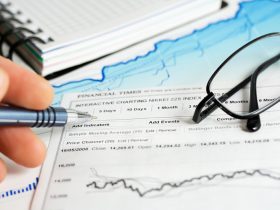(This Oct. 23 story has been corrected to clarify that the six-month sanctions relaxation timeline applies to the oil and gas license, not to bonds, in paragraph 2)
CARACAS (Reuters) – The Venezuela Creditors Committee said on Monday it is confident an orderly debt restructuring can occur, following an electoral agreement reached between the government and the opposition that led the United States to ease some sanctions in the oil sector.
The Biden administration last week eased sanctions on Venezuela’s oil and financial sectors. The new rules lift bans on secondary trading of Venezuelan bonds and allow state-run oil company PDVSA to sell and export to its chosen markets for six months.
The easing came in response to an agreement signed between the government and the opposition last week in Barbados that allows international observers, among other things, for the presidential election scheduled for the second half of 2024.
Prices of Venezuelan sovereign bonds more than doubled a day after the U.S. announcement on investors’ hopes of new debt restructuring agreements.
The creditors committee, which groups investors with some $11 billion in bonds, said in a statement that it is “confident the actions by the U.S. government and the commitments of the Maduro administration and Venezuelan opposition will ultimately lead to the orderly restructuring that Venezuela so desperately needs.”
PDVSA, which has more than $60 billion in debt, stopped paying bondholders at the end of 2017 and several creditors filed lawsuits in court.
The bond’s maturities were extended to 2028 by the country’s assembly to stop further legal actions.
Small funds outside the United States have sought to increase their exposure to Venezuelan bonds on the expectation of renegotiations.
U.S. investors control about 50% to 55% of sovereign and PDVSA debt, a number that stood at 75% to 80% before wide sanctions were enacted in 2019, according to a report by think tank Chatham House.
Read the full article here











Leave a Reply